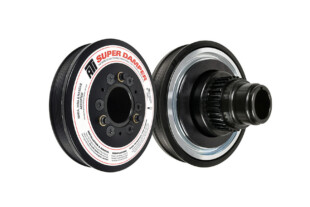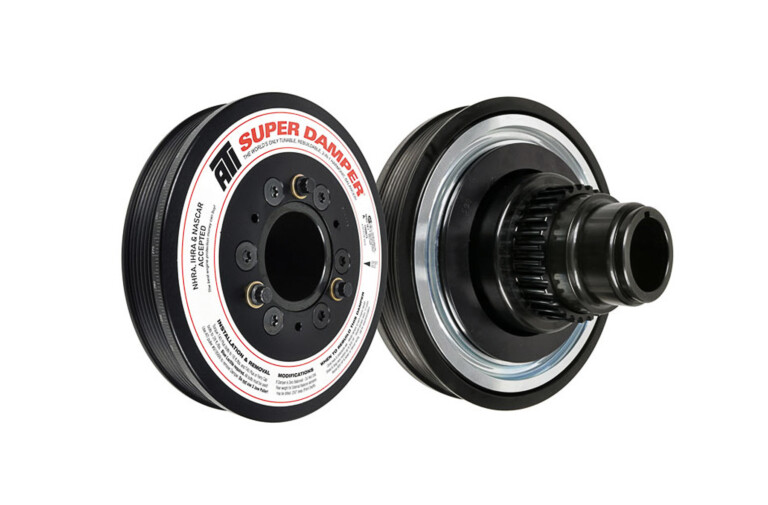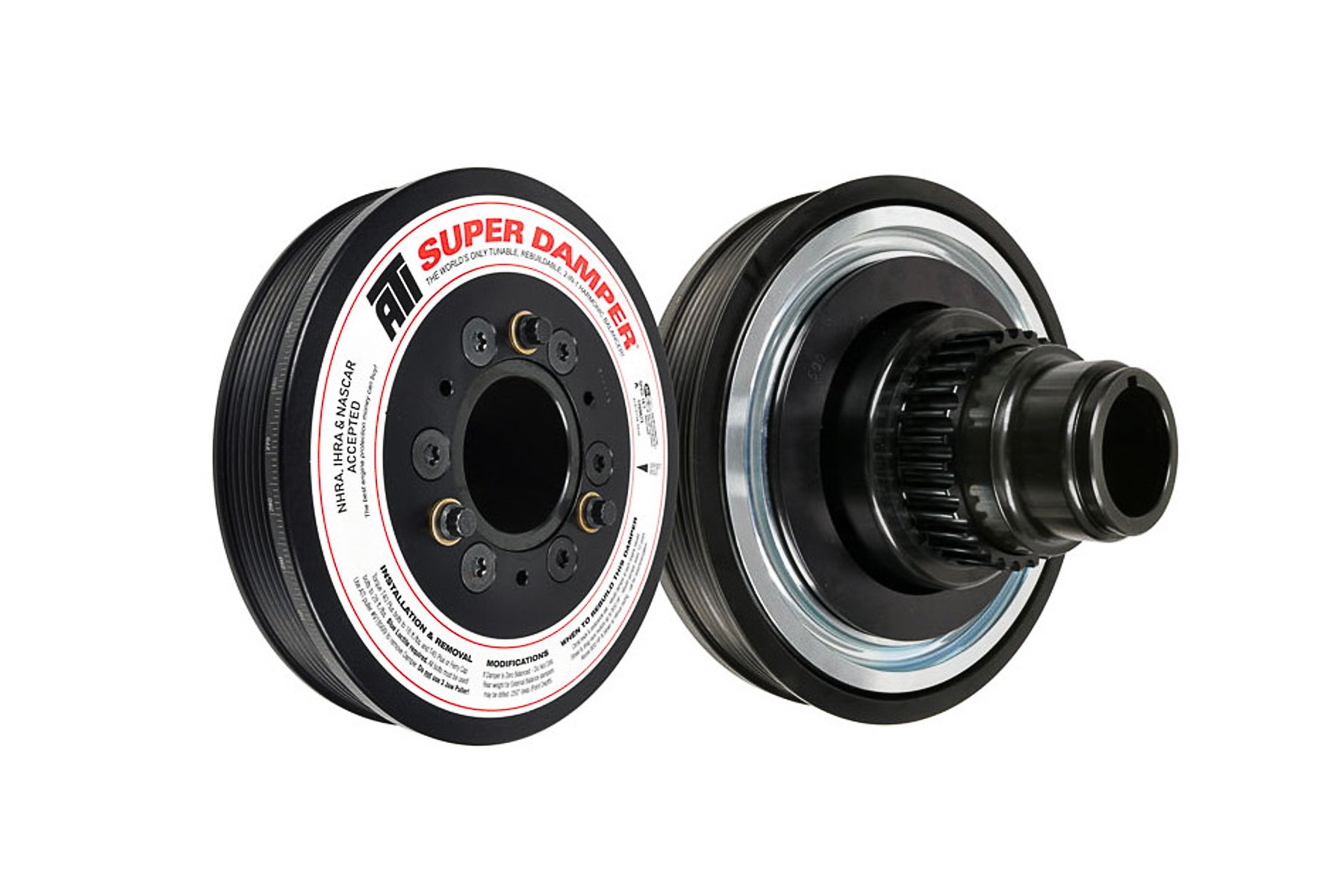Words And Photos: Jeff Smith
Everybody knows about nitrous. In many ways, it’s the easiest, simplest and least expensive way to add horsepower and torque. Nitrous is fun – but it does require some attention to detail and a little common sense. It’s common for nitrous enthusiasts to become complacent about safety when working around filled nitrous bottles, but it’s worth noting that at the proper temperature, that compressed gas in the bottle is exerting 1,000 pounds of pressure per square inch. It’s important to consider that should something happen where that pressure escapes all at once – the consequences could be deadly.
The point behind this is that any bottle designed to package a gas at these pressures is required to be checked every few years to ensure that the bottle is safe. We talked with Mike Thermos of Nitrous Supply in Huntington Beach, California where he explained that in order to legally refill a nitrous bottle, it must be pressure checked and certified every five years by a licensed facility. We wanted to know more about this process.
Every time a bottle is pressurized, it expands slightly. Over time, this constant expansion and contraction works the metal, which can cause it to become weak. Any external (or internal) damage such as gouges, dents, or application of an open flame to the bottle could cause it to prematurely fail. The re-certification process inspects the bottle and then pressure-checks it to well beyond its normal service pressure to ensure that the bottle can safely operate within its intended pressure range.
We brought several out-of-date nitrous bottles to a certified testing facility in Southern California, and witnessed the process that each bottle must pass in order to obtain a new certification. This is a relatively quick procedure, it’s not expensive, nor does it damage the bottle. When the bottle passes, it will receive a new certification date stamp which is good for five years.
The test procedure is very exacting. Once the valve is removed and the bottle passes a visual and computerized eddy current thread inspection, it is then subjected to a pressure test. The maximum working pressure of a 10-pound aluminum nitrous bottle is 1,800 psi. The test increases this to 5/3rd’s of that pressure or a multiple of 1.667:1. This pushes the test pressure to 3,000 psi. But just withstanding that pressure is not sufficient for a passing mark. The test procedure also measures the amount the bottle expands under this pressure. The bottle is filled with water and placed inside a larger fixture that is also filled with water. When 3,000 psi is applied to the nitrous bottle, the bottle expands, displacing a small amount of water that is measured and recorded. This displaced water is calculated to be equal to a given percentage of overall bottle expansion. To pass the test, a 10-pound nitrous bottle must not expand more than 10 percent, which is a rather generous number since out of the four bottles we tested, none of them exceeded 1.5 percent expansion.
The biggest safety issue involved with nitrous bottles is when an enthusiast applies a direct flame to a bottle to bring the contents up to a desired pressure. The problem with this approach is that any direct flame applied to a bottle such as from a propane or oxy-acetylene torch, the metal is annealed. This means that the metal’s alloy strength has been altered, which makes the bottle potentially extremely hazardous.
Bottle manufacturers state that any bottle that experiences a temperature increase of between 265 and 350 degrees F will require a recertification. Temperatures exceeding 350 degrees F (such as if placed in an oven to cure powder coated paint) will almost certainly be found to fail a subsequent pressure test. Any bottle subjected to a direct flame where the bottle paint has been distorted or melted most often will also be cause for the bottle to be removed from service and destroyed. So the point here is to never expose a nitrous bottle (or any pressurized container) to an open flame. The consequences of those actions can be extremely harmful and even deadly should the bottle explode.
If you have a nitrous bottle that is more than five years old, it is in need of a recertification. The date code stamp can be found on the crown of the bottle near the valve. You can find a bottle recertification facility by doing a quick Google search. Thermos suggests searching for facilities that do oxygen bottle certification. If you live in the Southern California area, you can bring your bottles to Nitrous Supply and be able to leave the bottle(s) for one week. Certification costs $35. This won’t make your car run any quicker, but making sure those bottles are safe to use is well worth the effort and expense. It’s the right thing to do.
Source
Nitrous Supply
nitroussupply.com






















